
Eradicating Poverty and Achieving Sustainability
Through Collaboration
Our mission is deeply rooted in the United Nations Sustainable Development Goals, with a primary focus on eradicating poverty, which underpins our entire guides everything we do. Through collaborative farming, we aim to build and empower communities, fostering ownership and responsibility and responsibility among our valued collaborators. We are committed to adhering to government-mandated minimum wage standards, a crucial step towards fulfilling SDG 1, which focuses on ending poverty. To achieve this, we provide our collaborators with the training and tools they need to leverage technology effectively, increasing productivity to better support their families.
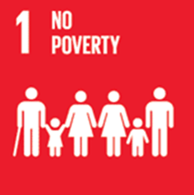


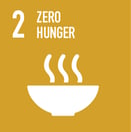



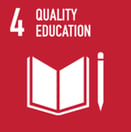

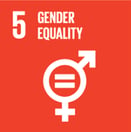

Creating long-term job opportunities, improving livelihoods, and expanding economic benefits
in rural economies
Our support for the "one-family, one-farm" model, successfully implemented in Western countries, fosters gender equality (SDG 5). This, in turn, ensures that children have access to education (SDG 4), setting them on a path to support their families in the future. Eradicating poverty is the cornerstone of our mission, and it aligns with promoting good health and well-being (SDG 3). When poverty is alleviated, individuals are empowered to lead healthier lives, creating a positive ripple effect across the spectrum of sustainable development goals.
E
ENVIRONMENTAL IMPACTS BIOSPHERE
Bamboo has a positive impact on the greenhouse effect
Bamboo has high nitrogen intake, which leads to air purification
Bamboo forests absorb 5 times more CO2 and produce 35% more oxygen than equivalent tree forests
Bamboo on deforested and degraded lands is a sustainable solution for climate change mitigation


S
SOCIAL IMPACT
SOCIETY
Bamboo processing creates long-term job opportunities, improving rural livelihoods and fostering sustainable urban development.
Bamboo enhances food security through agroforestry, offering sustainable food and income for communities.
Bamboo farming improves community health and well-being by enhancing water availability and sanitation.
Developing bamboo industries improves education for better understanding and implementation of other SDGs.
Family bamboo agroforestry promotes gender equality through equal participation of all family members in decision-making and farming.
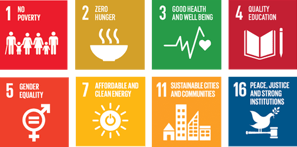

G
GOOD GOVERNANCE
ECONOMY
Offers a long-term service contract for the allocated lands throughout the entire concession duration, ensuring that future generations can also benefit.
Reduces corruption and ensures safety in business.
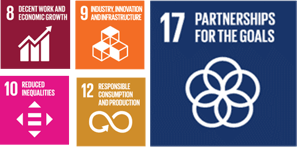

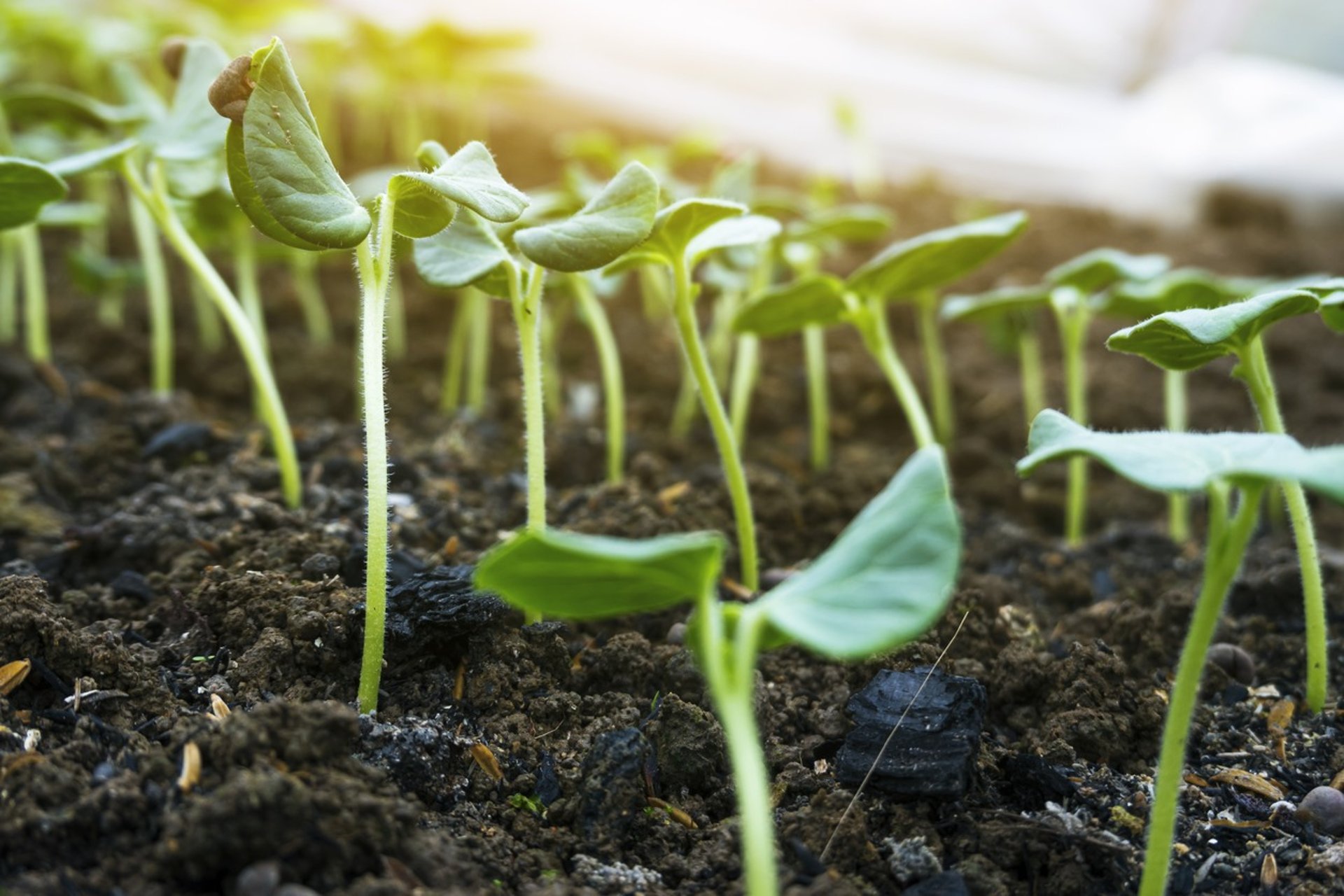
Planting industrial crops reduces emissions, restores lands, fosters environmental rejuvenation, and links conservation to community well-being
As an integral part of our mission, we prioritize community development programs aimed at eradicating poverty, enhancing livelihoods, and fostering local economies within our concessions. However, our commitment to these objectives is closely aligned with our broader goal of addressing climate change. The cultivation of bamboo and sorghum, which we use to make our products, helps to reduce climate change mitigation. By planting bamboo and sorghum within our concessions, we reduce greenhouse gas emissions. Moreover, our efforts extend to the restoration of degraded and deforested lands, helping to improve in environmental rejuvenation. This dual focus on economic development and climate change aligns with our overarching mission, linking environmental conservation and community well-being.

